Solar eclipse resources offered to Ohio landowners
Landowner resources to help them prepare for an influx of people coming to rural parts of the state hoping to get a glimpse of this rare phenomenon April 8.
Read MoreOne problem we consistently hear about from Farm Bureau members is trespassing. Unfortunately, the amount of land that farmers have can often times be enticing to those who want to hike, ride ATVs, or just cause trouble. Members also are often concerned about what their liability is in certain situations, if visitors to their property get hurt. Here are five things to know about Ohio’s trespassing and landowner liability laws:
1. Trespassing is a crime under Ohio Revised Code 2911.21, and is typically a fourth degree misdemeanor. Landowners should contact local authorities if they see trespassers on their property, but should not attempt to detain a trespasser themselves.
2. Trespassing can also be the basis of a civil lawsuit. Most civil cases dealing with trespassing are concerned chiefly with recovering damages from trespassers. If landowners are interested in a civil claim, they should contact private legal counsel.
3. Under Ohio law, a person takes on a certain status when they enter the property of another. Depending on why or how the person has entered the property, they may be considered a trespasser, a known trespasser, a licensee/social guest or a business invitee.
4. Whether or not a landowner will be liable for a visitor’s injuries is somewhat dependent on the visiting person’s status. The status determines what duty the landowner owes to that visitor. Liability questions are largely based on the specific facts of the situation.
5. Ohio has created special protection for landowners in certain situations. First is a liability protection when land is opened to the public for recreational uses like hunting and fishing. Another protects landowners when they are using the property for public access to growing agricultural products, commonly referred to as “U-Pick” or “Pick Your Own” type establishments. However, landowners have no protection from liability for injuries that they may cause through intentional, willful or wanton misconduct.
More Landowner Information
For further explanation of these tips and other information on other topics impacting landowners, Ohio Farm Bureau members can log in and download the Landowner Toolkit. Not a member? Join today!
Also, listen to Legal with Leah, a podcast featuring Ohio Farm Bureau’s Leah Curtis discussing topics impacting landowners.


Landowner resources to help them prepare for an influx of people coming to rural parts of the state hoping to get a glimpse of this rare phenomenon April 8.
Read More

What are some of the things landowners need to be aware of, as they might see more people wanting to come out to their property and to rural Ohio for the best seat in the house?
Read More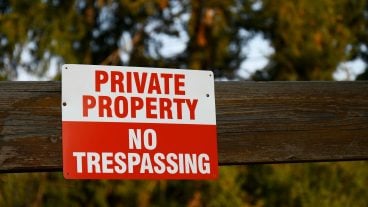
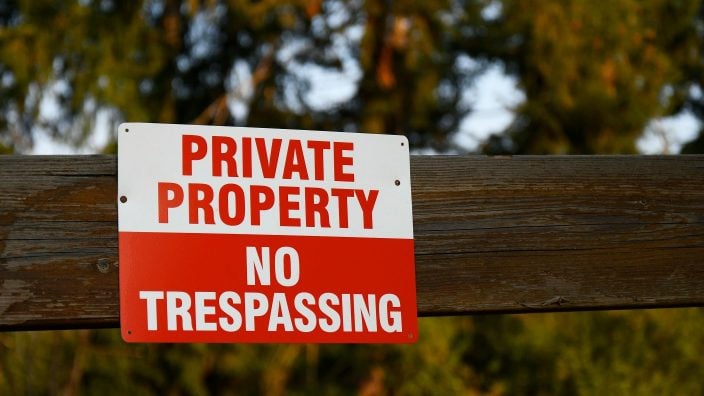
Policy Counsel Leah Curtis discusses Ohio trespassing laws and the liability that can fall on landowners when people enter their property.
Read More
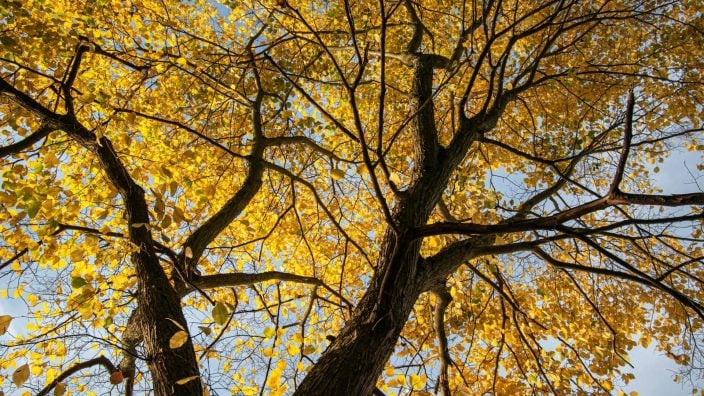
When property owners may have issues with trees or encroachment on their property, they often turn to Ohio Farm Bureau for information.
Read More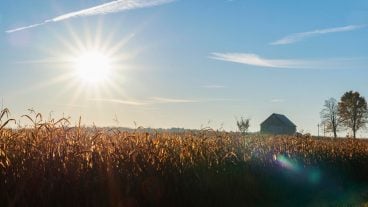
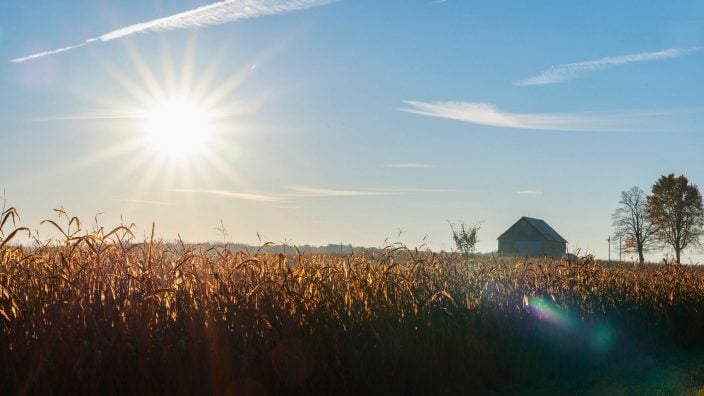
Even though there can be zoning in rural areas of Ohio, there are limitations in the law when it comes to agriculture.
Read More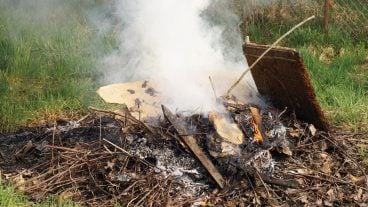
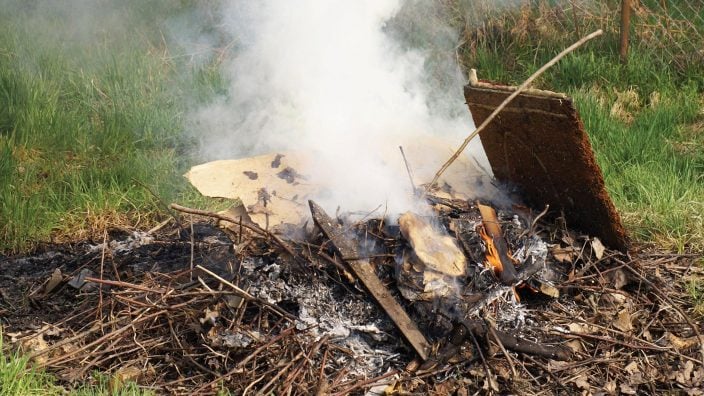
During the months of March, April, May, October and November, open burning in Ohio is prohibited during the hours of 6 a.m. to 6 p.m.
Read More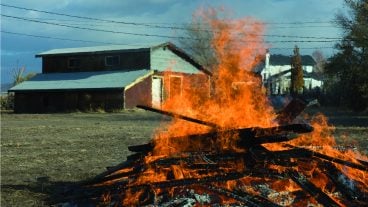
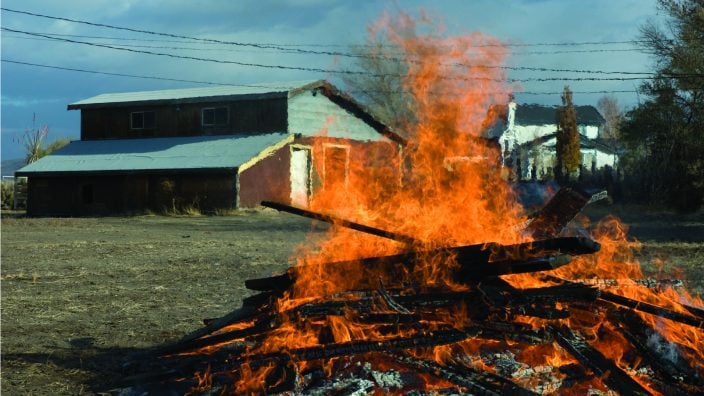
Depending on what is being burned and where, there will likely be restrictions from either the Ohio Environmental Protection Agency or possibly the Ohio Department of Natural Resources.
Read More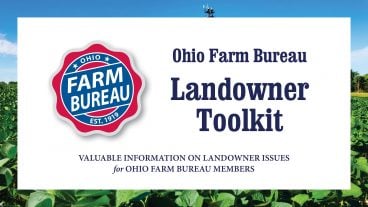
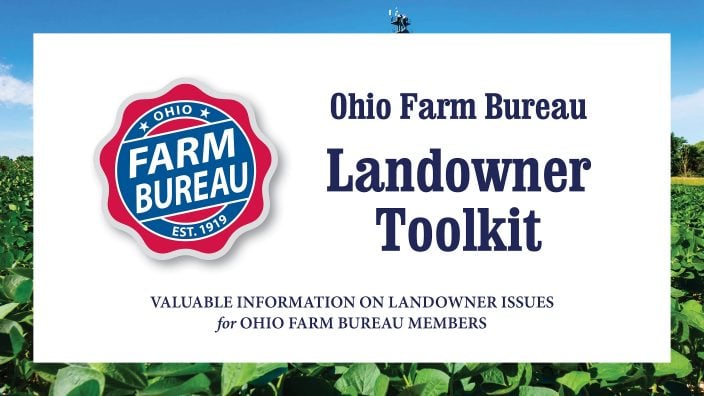
The newly updated Landowner Toolkit was built to give our members the knowledge and tools necessary to manage their land responsibly and productively.
Read More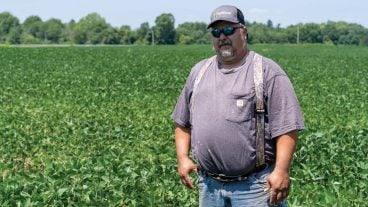
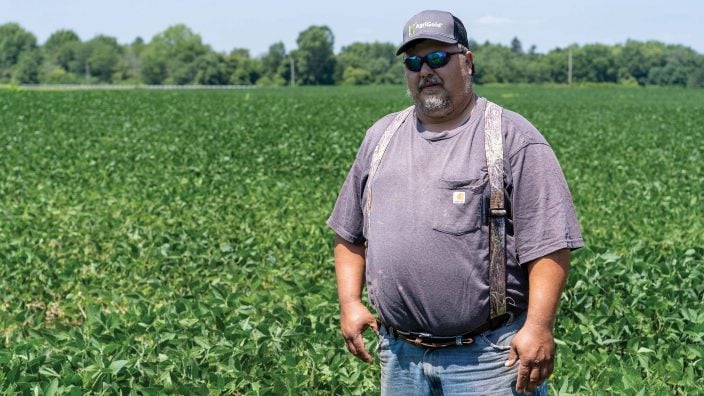
Under HB 397, notice must be given by Sept. 1 to terminate a farm lease, and the lease will terminate at the conclusion of harvest or Dec. 31, whichever comes first.
Read More
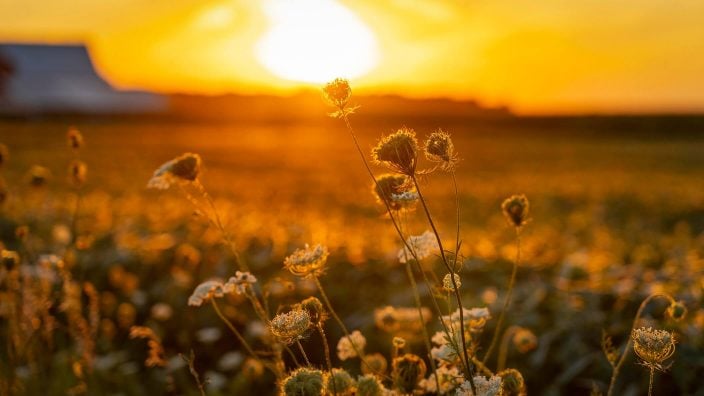
Lorain County Farm Bureau recently had success getting some changes made to their CAUV designations, thanks to the help of Ohio Farm Bureau and members taking action.
Read More